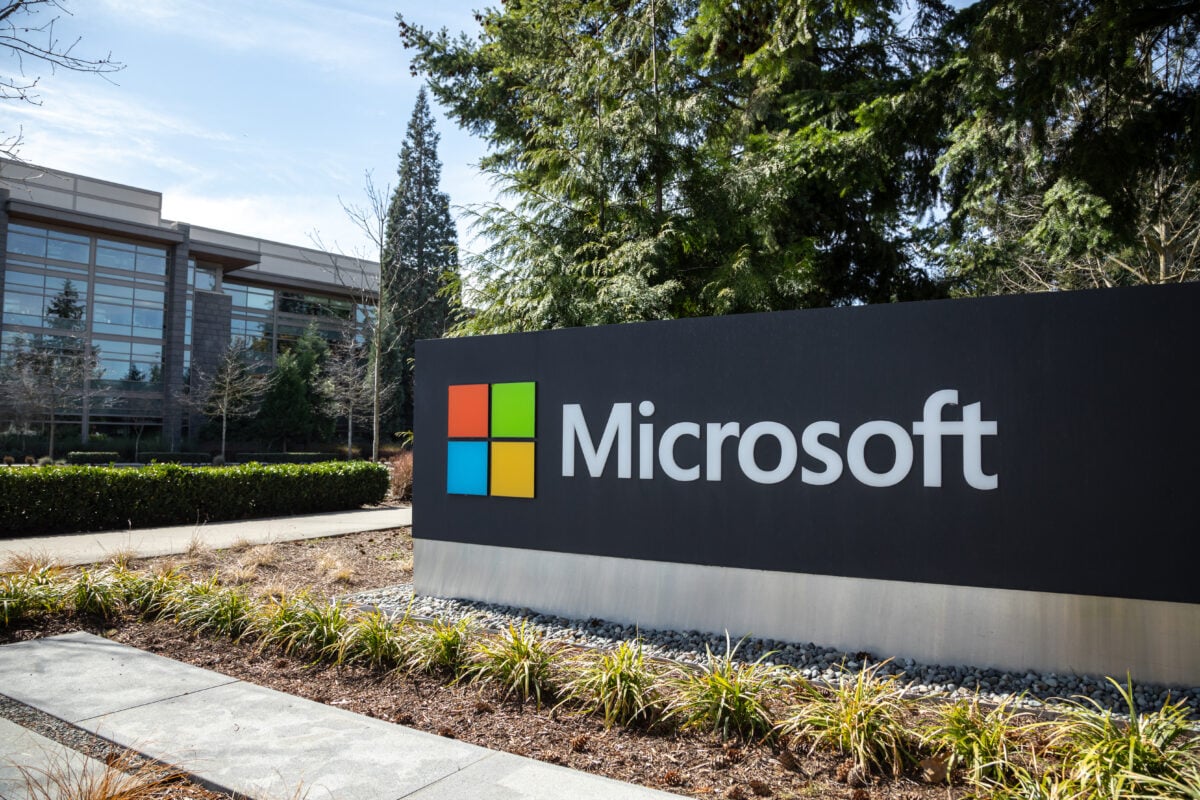TLDRs:
- China accuses the U.S. of hacking defense networks using Microsoft Exchange software vulnerabilities.
- Cybersecurity tensions rise as both nations exchange accusations of espionage and cyber warfare.
- Microsoft under scrutiny for persistent flaws exploited in major state-sponsored cyberattacks.
- Experts warn that unpatched software remains a top national security threat worldwide.
In a fresh escalation of cyber tensions, China has publicly accused the United States of exploiting a vulnerability in Microsoft Exchange to launch cyberattacks against its defense sector.
According to the Cyber Security Association of China, U.S.-linked actors controlled servers belonging to a critical Chinese military company for nearly a year.
The allegations mark a significant development in the ongoing digital power struggle between the two global superpowers. While Microsoft has previously attributed various Exchange software attacks to China-based groups, this time Beijing has turned the spotlight on Washington.
Chinese officials claim the U.S. campaign relied on a known Microsoft Exchange flaw that allowed long-term access to sensitive defense systems , an incident that underscores the vulnerability of enterprise software in the face of international cyber conflict.
Microsoft Vulnerabilities
Microsoft finds itself at the center of the storm, with both Western and Chinese officials blaming each other for exploiting flaws in its software. In 2021, tens of thousands of Microsoft Exchange servers were reportedly breached in an operation tied to Chinese state actors.
More recently, a 2023 breach compromised email accounts of top U.S. officials, which an internal review labeled a “cascade of security failures” at Microsoft.
The software giant also disclosed last month that its SharePoint platform was targeted by China-linked hacker groups such as Linen Typhoon and Storm-2603. The breach reportedly affected more than 400 organizations, including government agencies in the U.S., Mauritius, Jordan, South Africa, and the Netherlands.
The breaches have sparked criticism of Microsoft’s patching process and the potential risks of its Microsoft Active Protections Program (MAPP), which shares early vulnerability information with trusted vendors. A leak from this system is now being investigated as a possible source of the SharePoint exploit.
A New Front in Geopolitical Messaging
The exchange of accusations reflects how cyber attribution has become a key tool in global diplomacy and influence operations.
According to the Council on Foreign Relations, China, Russia, Iran, and North Korea are responsible for 77% of all known state-sponsored cyber operations since 2005.
The U.S. recently indicted seven Chinese nationals over alleged hacking operations, while China’s latest accusations may be seen as a response aimed at reshaping the global narrative. Analysts suggest that in today’s digital battlefield, public attribution often serves political objectives more than it reveals clear evidence.
A Persistent National Security Threat
Experts warn that the real danger lies not just in international espionage, but in the widespread reliance on unpatched or outdated software.
Microsoft’s own research has shown that older systems face a significantly higher risk of compromise. High-profile breaches like the 2017 Equifax hack and the recent Exchange and SharePoint incidents all stemmed from failure to apply timely security updates.
With Microsoft Exchange and SharePoint used globally by governments and businesses alike, the stakes are enormous. As long as software vulnerabilities remain unaddressed, state-sponsored actors will continue to exploit these weaknesses for strategic gain.


